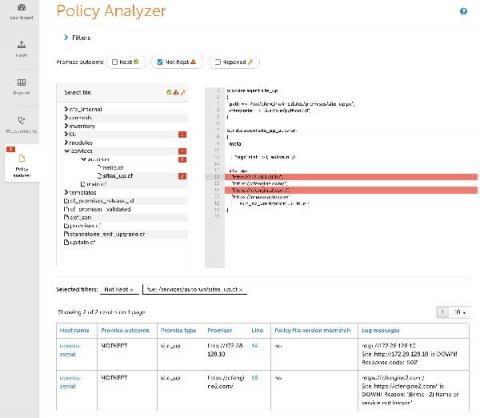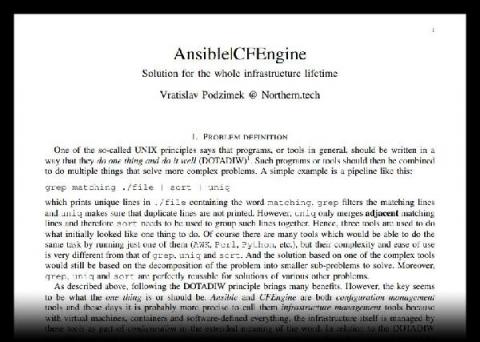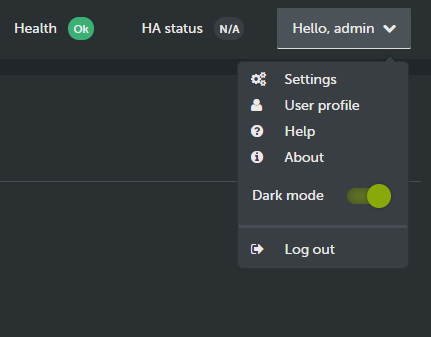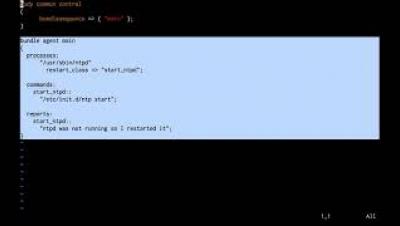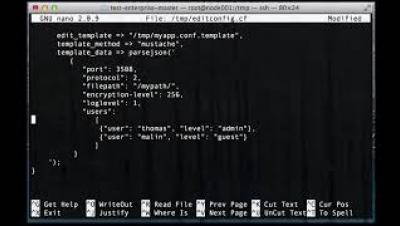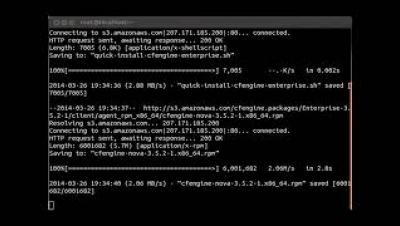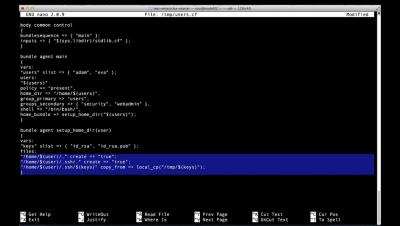Custom promise outcomes in Mission Portal
CFEngine 3.17.0 introduced custom promise types, which enable CFEngine users to extend core functionality and policy language in a simple way. As an example of the power and simplicity of this new feature, I will show a promise type that helps to observe a website’s status. The module which implements this promise type was written in a couple of hours.


